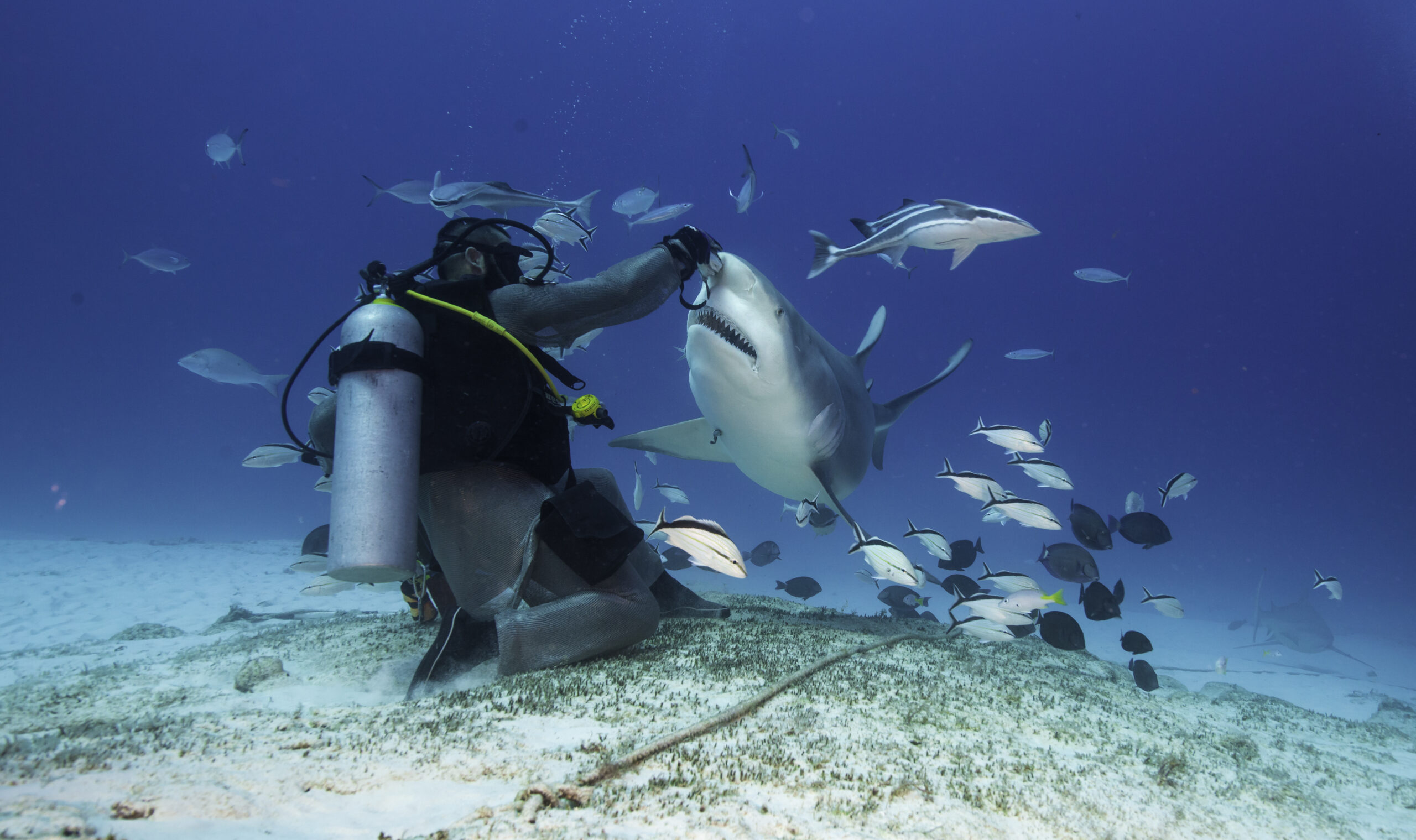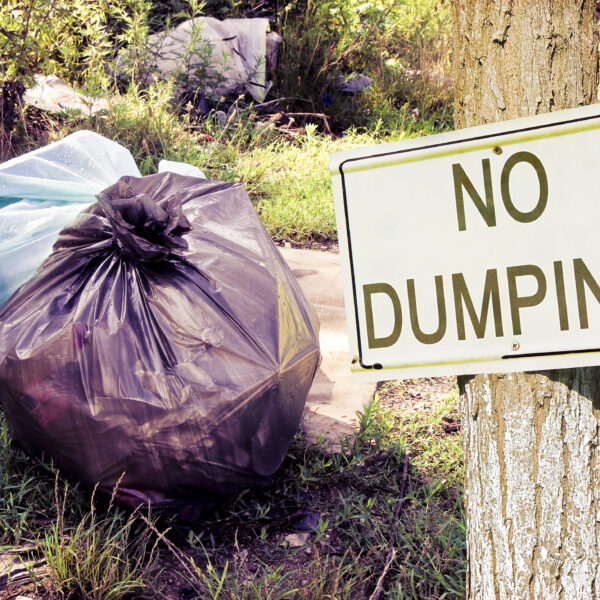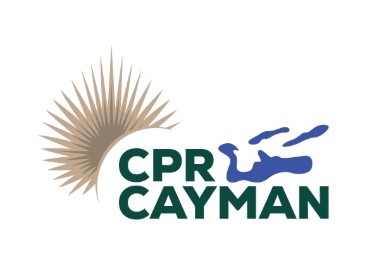
|
Getting your Trinity Audio player ready...
|
DoE Press Release
Recently the DoE received a report of a shark closely approaching a SCUBA diver who carried a lionfish culling spear and empty bucket. When the diver lifted the spear for self-defense, the shark opened its mouth. The diver used the spear to poke the shark inside the mouth and the shark calmly turned away. The diver poked the shark again on the side of the body and the shark left the area.
“This shark encounter shows clear signs of learned behavior because the shark opened its mouth when the diver extended out his spear. This shows that the shark expected to be fed with the spear,” explained DoE Shark Research Coordinator, Dr Johanna Kohler. “This incident clearly shows that we have now reached a stage where sharks have learned to associate divers with food.”
Feeding sharks has been illegal in Cayman waters since 2002 because of the known risks of injury for both divers and sharks. Some people believe feeding sharks is great for business or will increase tips from customers, and some even mistakenly believe that conditioning sharks to take speared lionfish will somehow teach them to hunt lionfish out of reef crevices. But teaching sharks to take food from divers only really endangers both humans and sharks.
The past 15 years of shark research conducted by the Department of Environment show that sharks naturally tend to avoid areas with high human in-water activities such as diving or boat traffic. “Sharks eat fish so they don’t naturally associate food with humans,” explained Dr. Kohler. “Sharks (and other predatory fish) conditioned to expect food from humans through feeding may become more assertive which puts both unsuspecting divers & sharks at risk of accidental injury. An aggressive encounter may also prompt action for the animal to be removed, but it is not the shark’s fault. This is a human-made problem.”
However, recently the DoE has received an increasing number of reports clearly showing sharks that have learned to associate divers with food. “This is a problem” says Dr Kohler “because conditioned animals behave very differently compared to wild animals.”
Sharks have been protected in Cayman waters since 2015 under the National Conservation Act so it is illegal to feed, harm or kill sharks. As a keystone species, sharks are crucial to maintaining the balance of our islands’ marine ecosystems. Sharks remove injured and sick fish, keeping lower levels of the food chain healthy. They are also important for tourism and generate income for watersport operators who benefit from the high demand by tourists to see and dive with our local sharks in a natural and so safe manner.
Chief Conservation Officer, Mark Orr explained how the law protects sharks from deliberate human intervention. “The National Conservation Act (2013) states that no one may feed sharks in Cayman waters, and as a protected species it is illegal to feed, harm or kill sharks. There are serious penalties for breaking the law including fines or even jail time. Incidental feeding however, such as throwing fish guts off a boat, would be considered different from hand feeding where a shark is able to clearly associate a human with the food source.”
There are also strict rules around the handling of potential bait while lionfish culling and stingray feeding in the Wildlife Interaction Zone (WIZ). When lionfish culling, immediately place culled fish in an appropriate container and remove every fish from the water. Lionfish should never be fed to sharks or any other predator such as barracuda or moray eels. If a predator shows any interest in a diver or container you should stop all culling immediately and follow safe diving practices to exit the water as soon as possible. Stingrays may only be fed squid and ballyhoo within the WIZ at Stingray City and Sandbar. Feeding any other kinds of fish will attract sharks and is strictly prohibited. If a shark does come to the WIZ, stop all feeding, remove the food and if concerned calmly exit the water.
Anyone suspecting illegal shark feeding, or any other activity prohibited under the National Conservation Act, may call / WhatsApp message 916-4271 to report activity as its happening, or call 911 for emergencies. After the fact reports may be submitted with photo or video evidence of the observed activity noting the date, time, and location to the number above or via email to doe@gov.ky. Additional information about the suspected offender is also essential and can include the name of the vessel, company, and/or persons involved. DoE Conservation officers will investigate every incident, actively patrol across the islands, and perform checks on boats. All information regarding suspected offences provided to the DoE will be kept strictly confidential.
“In the past DoE asked people not to feed sharks so that sharks wouldn’t learn to expect handouts from people,” Dr Kohler recalls. “Now, it is clear the feeding has continued so we are now asking people to stop feeding so the sharks can unlearn this behavior. Sharks are smart. If we stop offering food, they will learn it’s no longer an option. It is our responsibility to ensure we create an environment that we all can coexist in – as naturally as possible. If you love sharks, please show these amazing animals your respect and stop feeding them.”







